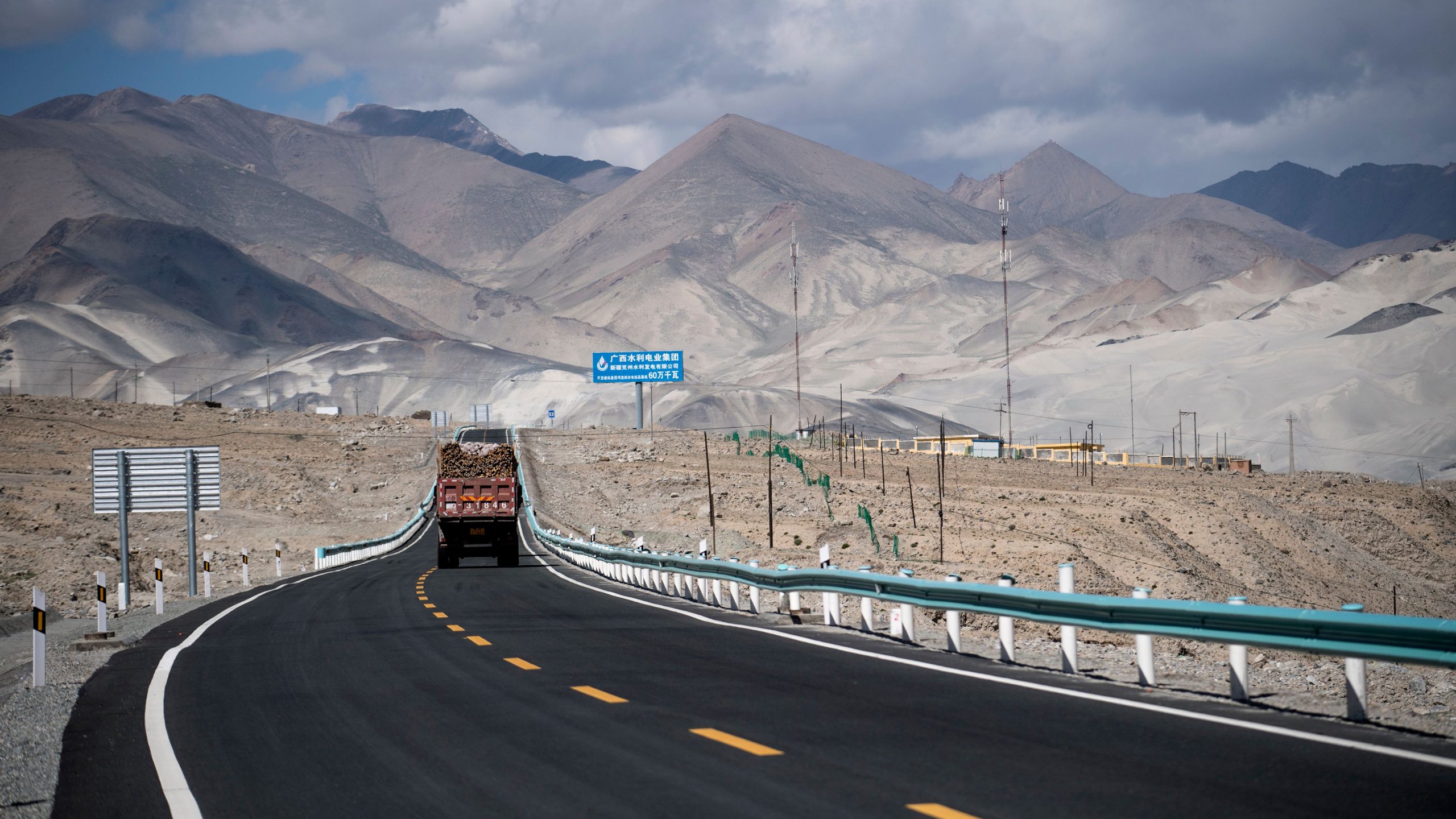The Belt and Road Initiative (BRI) is China’s most ambitious plan to achieve a “community of common destiny”. China proposes a change to the global governance system through this community, where everyone’s interests, visions and beliefs are considered. Thus, the BRI promises to connect Eurasia via railways, roads, and ports, reviving ancient trade routes. This essay will look at China’s main goals for the BRI and how this will help build the community of common destiny, as well as its criticisms. It will analyse goals in terms of development, economic integration and ties with partner countries and green development, contrasting them with the project’s criticisms.
China holds that developing countries deserve the same opportunities as developed countries and the BRI will help in this. For a community of common destiny to be possible, all countries should have access to the same opportunities and developing nations should be helped by stronger countries to increase their ability of self-development. Thus, the BRI invests in infrastructures and communication links in these countries to help them achieve this. But, not everyone is so optimistic about this plan. It raises concerns in terms of debt. China’s large investments across developing nations mean many of these countries may struggle to repay their loans, which explains the term “debt-trap diplomacy”. Sri Lanka is an example; unable to repay money it borrowed from Chinese banks, it was forced to loan the Hambantota port to China for 99 years. Thus, many worry that China’s ambitions to introduce a community of common destiny by investing in the development of other countries will lead to a growing Chinese influence and control, bringing to mind memories of colonialism.
Beijing hopes that the BRI will allow economic integration between the countries which are part of the project. The idea of a community of common destiny engrosses a “community of shared interests” [which] roughly corresponds to a situation of economic interdependence, or “completing each other economically.” In the spirit of achieving this, China has increased importing from partner countries, established advantageous trade relations with them and also increased its economic cooperation. However, in Europe there are concerns that China’s extremely cheap products may weaken competitiveness and industrial production, threatening the Euro and the economic system. Despite China’s contention that increased global trade can result in larger global growth, countries across Eurasia are sceptical this may in fact reduce their ability to trade and compete in the global economy while increasing China’s economic power.
The BRI claims to promote sustainable development, in accordance with the UN’s Sustainable Development Goals. So as to build a community of common destiny, nations must work together in assuring that development is sustainable. This must happen not only to guarantee the survival of the planet but also to uphold the Sustainable Development Goals and the Paris Agreement. According to the Xinhua Silk Road Information Service (2020), China is working together with the UN Environment Programme and signed agreements on “ecological conservation with over 30 countries along the routes”.
Yet, the environmental community is not so sure that a project of this size can be achieved without a major environmental impact. The BRI is believed to be a cause of wildlife habitat disruption, as well as perpetuating the use of fossil fuels, an energy source that will contribute to a tremendous increase in greenhouse gas emissions. The lack of transparency and hunger for growth on part of Beijing – even if it means harming the environment – means that the community of common destiny may take a while to come to fruition.
With growing influence across the world, projects like BRI serve to promote Chinese beliefs and attract countries towards the community of common destiny that China wants to construct. It is Beijing’s view that investing and building infrastructure in developing countries as well as promoting the increase of trade relations with partner countries will help them achieve the community envisioned. Not only that, China also appears to be keen on showing how it responds to environmental concerns with effective action. However, sceptics doubt that the BRI would turn out to be ecologically beneficial as Beijing claims, with environmental concerns and ideological disputes taking the centre stage.

